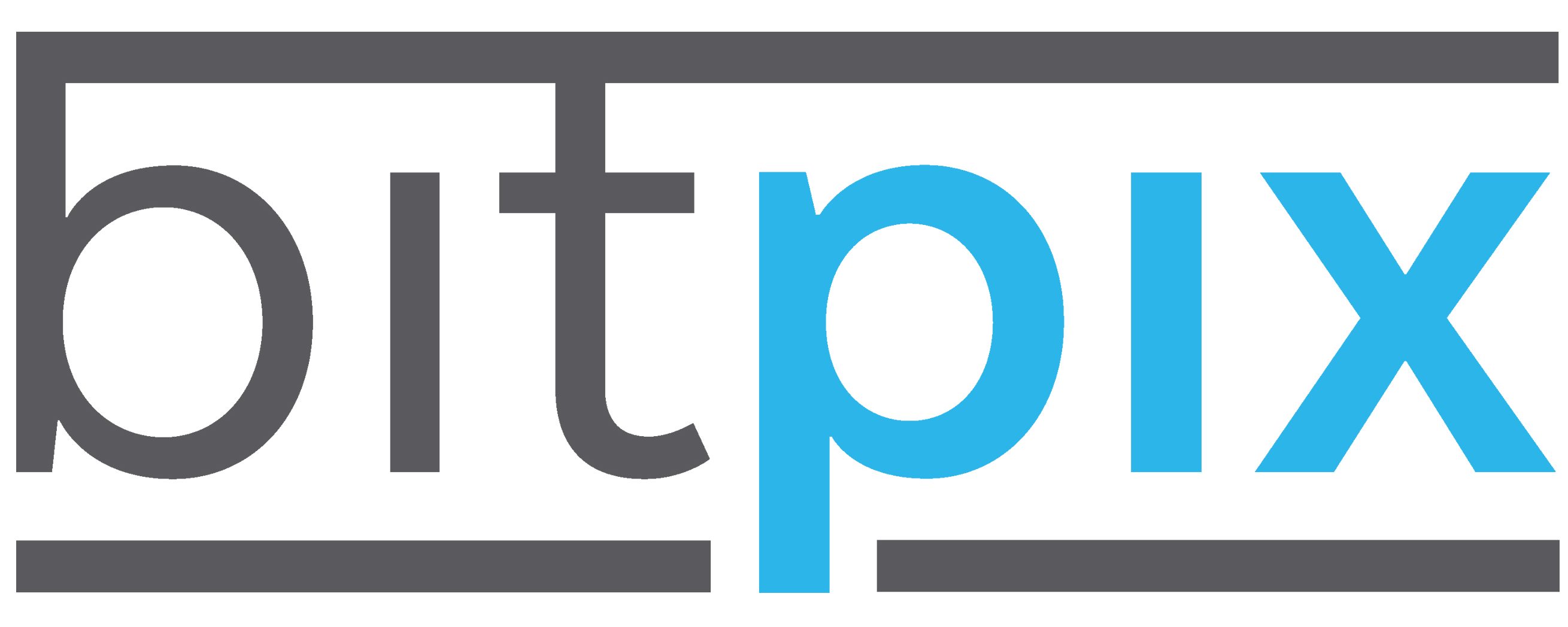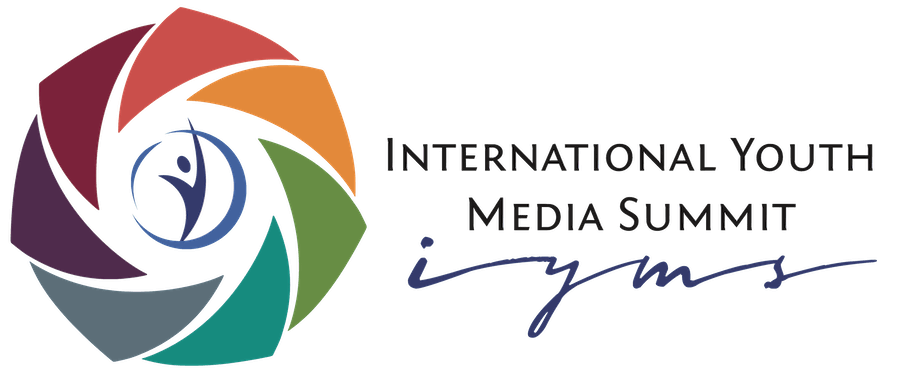For this month’s HollyShorts Monthly Screenings series, there are a dozen films from the International Youth Media Summit, an organization that is helping young people from all over the world make films that raise awareness on the issues that will not only affect us now, but will continue to do so in future generations, should we not make changes now. From war and violence to the myriad impacts on the environment, these films take the perspectives of these creators and helps to get their message heard so that we can see why it’s so important to join them in their causes. That’s why it’s so lovely that one of the co-founders of the IYMS, Evelyn Seubert, took the time out of their schedule to answer some questions for us ahead of the screening. A big thanks to Evelyn for her answers!
Q: So for those who aren’t aware, can you explain the work that’s done at the International Youth Media Summit?
Evelyn Seubert: For the past 18 years we’ve brought together young people from around the world for a two-week intensive filmmaking experience. Each Summit is held in a different global location, enabling the young people to become immersed in local culture. The young filmmakers create short films that tackle seven global issues — discrimination, environment, health, poverty, violence, women’s rights and youth empowerment. They are mentored by local issue experts, who help the delegates explore the causes and potential solutions to these issues. The short films they create become catalysts for change.
The young delegates learn advanced storytelling skills from by volunteer professional filmmakers, but also the essential role collaboration plays in all filmmaking. We believe these two factors provide a deeply rewarding experience.
In 18 years, our Summit participants have created 126 short films which you can view on our exclusive YouTube Channel: https://www.youtube.com/@iyms_org.
Our ultimate job is to build bridge across cultures, to demonstrate that people from different countries and diverse backgrounds can work together for the common good, and for young people to bring the joy and energy they experience working with their global friends back to their home communities.
Q: You’ve done summits all over the world, and just announced that your next summit will be held in Tanzania. What is the benefit of holding your first summit in Africa that excites you the most?
ES: This is an important and logical step forward for IYMS. Not only does a Summit on their continent give more African youth a chance to attend but it gives the rest of us a chance to immerse ourselves in the culture of East Africa. Our African hosts will introduce us to the food, the languages, the arts, the daily activities of the people who live in Zanzibar – and through these experiences, we’ll develop a greater appreciation and understanding of the country and its people. And like every Summit for the past 18 years, I predict our delegates will leave Zanzibar reluctantly, with a vow to return; and in the meantime, they will carry deep affection for the citizens of Africa who have been their gracious hosts.
Q: While you’ve mostly released shorts, you co-produced the Pakistani film “John” that was released last year.What went into the decision to put some focus on more long-form projects, and where do you see that going in the future for the IYMS?
ES: We formed IYMS Films in 2018 to develop long-form projects for three reasons: 1) increase our impact with higher profile films at film festivals and in the market place 2) give our young filmmakers opportunities to use their talents and develop their careers 3) have product that can provide income to IYMS, providing another potential revenue stream. Already our Regional Office in Kathmandu has been receiving contracts for film projects that help to sustain that office. We will replicate this in other areas.
Q: After founding the organization in 2006, you’re looking towards the 19th summit later this year. How would you describe the growth that the IYMS has seen over those years, and where do you see it going in the future?
ES: IYMS is now a Youth-led organization, with our young Executive Director, Sapan Hamal (Nepal), and a very active Youth Committee (YC) under the guidance of Antonio Britvar (Croatia). The YC is in charge of designing our website, social media posts and marketing materials; recruiting delegates and running the Summit.
We now have an Asia Regional Center with headquarters in Kathmandu, Nepal; and an African Regional Center with headquarters in Zanzibar.
In the future, our ambition is to establish year-round production hubs for young filmmakers that replicate the Summit experience. Professional filmmakers and production companies would be connected to these hubs and serve as mentors, supporters, and pipelines to careers.
Q: Given the changes in the world, from the pandemic to the climate crisis, how has the focus of young creators changed, in terms of the subject matters they tackle?
ES: What a great question! Our seven issues have not changed in 18 years and the filmmakers choose which issue group they want to work with. 18 years ago, violence, poverty and discrimination were top choices. Now we see a real sense of urgency and focus on environment, with different groups tackling different aspects of the climate crisis. In the beginning, the health videos focused on the problem of drugs and life-style choices; now we’re seeing many films about the depression and anxiety that resulted from the isolation of the pandemic. And also during the pandemic years, there was a focus on the additional stresses falling on women, and the perception that domestic abuse was on the rise.
Q: We’re so thrilled to be able to spotlight some of the films that have been developed with the help of the IYMS over the years. Do you have any personal favorites?
ES: I have been involved over the last 18 years with the production of 126 short films, 21 SANATIONE films, our 30-minute short Pari of Pokhara and our feature film, JOHN. Having seen the blood, sweat and tears that went into each one, my personal favorites are not the films themselves – but the stories behind their creation. All were produced with a minimum of resources, but a maximum of collaborative passion. In 2020, locked in our homes during the pandemic, we made 7 films across 13 times zones. In 2022, one entire issue group did not get visas to attend the Summit and relocated to Nepal to make their film. And JOHN director Babar Ali was shot in a robbery attempt, but his determination to make his first feature never wavered.
Q: Earlier last year, you announced a partnership with UNESCO. What kind of benefits have come from that incredible partnership, and how do you hope that working with them will help expand the message of the IYMS?
ES: When people learn that UNESCO has put their trust in IYMS, it elevates our status and credibility and gives others confidence in the abilities of IYMS to achieve the mission we share with UNESCO – to promote international cooperation through education, arts and culture. UNESCO has 53 regional field offices and 199 national commissions, and we will strategically develop relationships with staff in those offices to support IYMS members’ post-Summit workshops, as well as implementing the collaborative projects we have developed with UNESCO’s headquarters staff in Paris.
Q: Where can people who want to help expand the reach of the IYMS go to lend their support?
ES: People interested in Foundation or Corporate partnership – contact Sapan Hamal: sapan@iyms.org
People interested in sponsorship opportunities in Africa – contact Godfrey Slavius: godfrey@iyms.org
Donors can write Evelyn Seubert, President, for information about tax-deductible donations: evelyn@iyms.org
Donations are also accepted on our website: https://iyms.org/donate/
People can learn more about us via our website and social media channels:
That’ll do it for us today, but be sure to check out this month’s screenings, which will feature films created by young filmmakers who participated in varied summits. Thanks again to Evelyn and to all of those who have dedicated their time to the projects they created. Also make sure to check out our coverage of the films, which will be available to check out on BitPix from April 24th to April 28th, and will be screened at the TCL Chinese Theaters in Los Angeles on April 24th.

